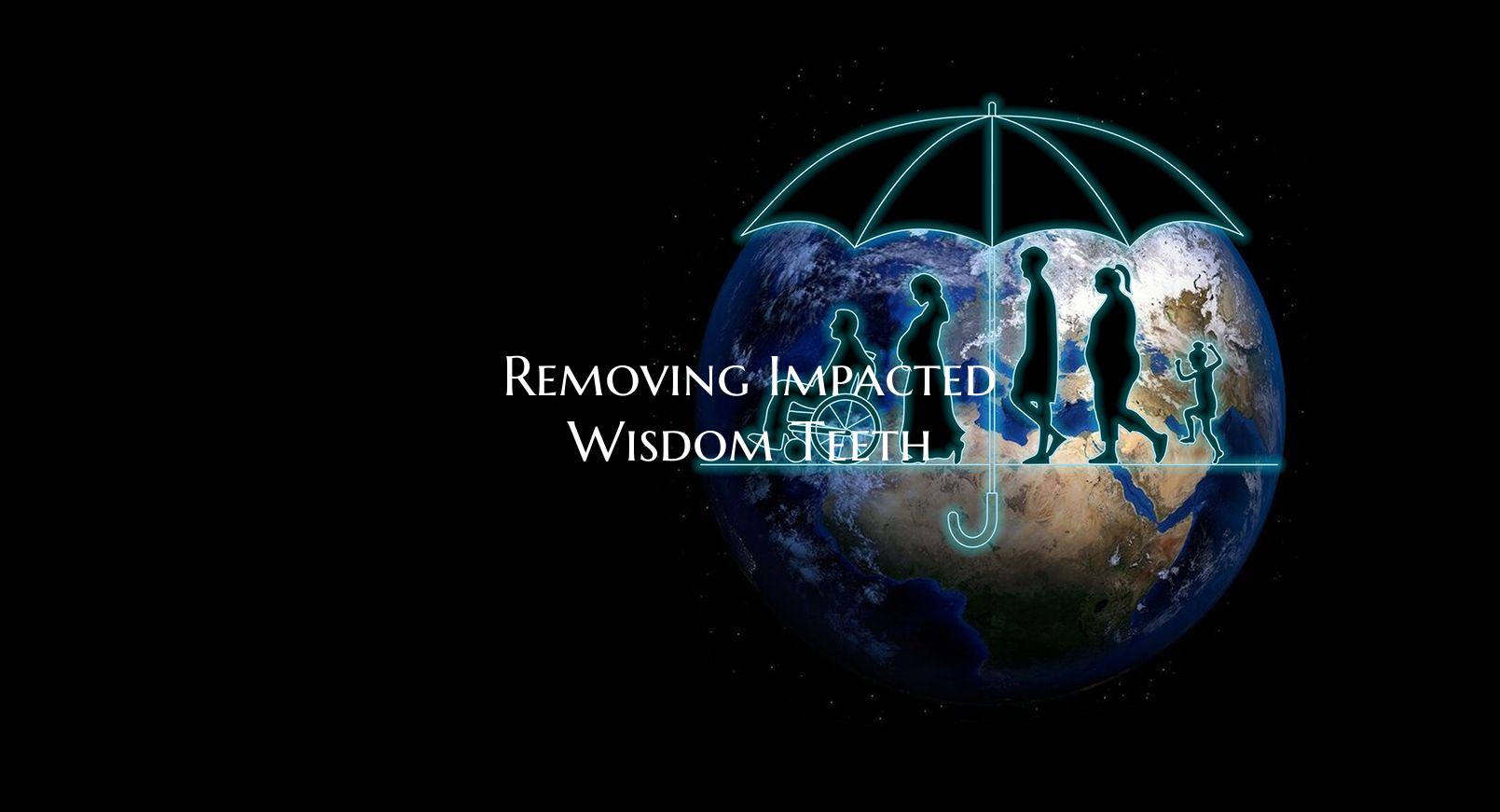
Removing Impacted Wisdom Teeth
Impacted wisdom teeth can cause pain, swelling, and potential complications if left untreated. Wisdom teeth, also known as third molars, are the last set of teeth to emerge in the back of the mouth, often between the ages of 17 and 25. When there is not enough space for them to fully emerge normally, they can become impacted, leading to various dental issues.
The process of removing impacted wisdom teeth typically involves a visit to an oral surgeon or a dentist with specialized training in oral surgery. Before the procedure, the dental professional will assess the position of the impacted tooth or teeth using X-rays to determine the best course of action.
Surgical extraction of impacted wisdom teeth is usually performed under local anesthesia, IV sedation, or general anesthesia, depending on the complexity of the case and the patient's preferences. The procedure involves making an incision in the gum tissue, removing any bone blocking access to the tooth, and then sectioning the tooth into smaller pieces for easier extraction.
Following the removal of impacted wisdom teeth, patients are likely to experience some swelling, discomfort, and bleeding, which can be managed with pain medication and proper post-operative care. It is essential to follow the dentist's instructions regarding oral hygiene, eating habits, and attending follow-up appointments for monitoring healing progress.
While complications such as infection, dry socket, or nerve injury are possible after the removal of impacted wisdom teeth, they are relatively rare when the procedure is performed by a skilled and experienced dental professional.
In conclusion, addressing impacted wisdom teeth promptly through surgical extraction can alleviate pain, prevent further oral health issues, and promote overall dental well-being. If you suspect that your wisdom teeth are impacted, consult with a dentist or oral surgeon to determine the best treatment plan for your individual case.